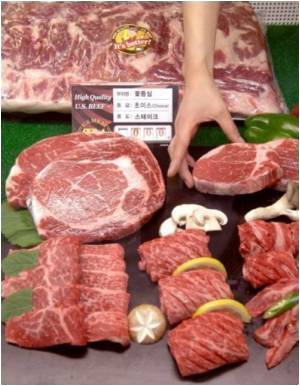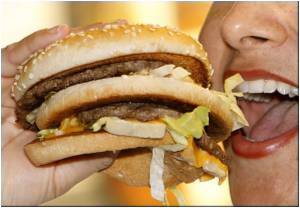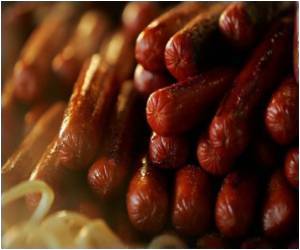
It also ordered tests in horse carcasses for the potentially harmful horse drug phenylbutazone, or bute, which is banned from the human food chain.
The Commission briefly posted the up to five percent figure on its website but then removed the statement. More details are expected later in the day giving country-by-country findings.
The results have been much awaited after millions of ready meals were pulled from shelves this year in the widening scandal -- from meatballs in Ikea stores to sausages in Russia and frozen burgers in Britain's Tesco chain.
The EU responded by calling in Europe's law enforcers and urged bloc-wide DNA food testing to restore consumer confidence.
"Consumers have a right to expect that food is exactly what it says on the label," said British Food Minister David Heath this week.
Advertisement
Just last week the Netherlands' food watchdog asked hundreds of European firms supplied by a Dutch wholesaler to check 50,000 tonnes of beef suspected to be contaminated with horse.
Advertisement
Source-AFP













